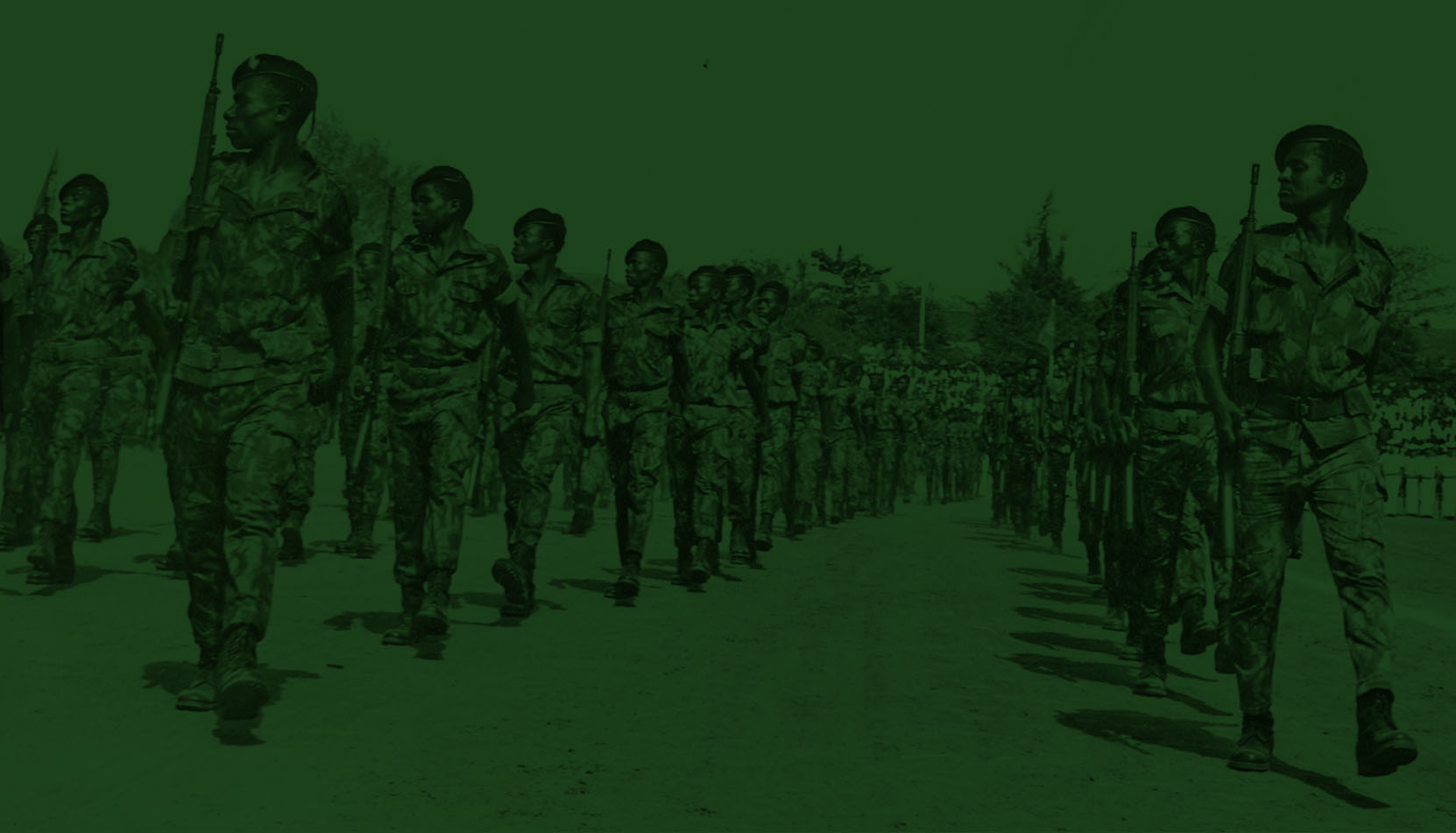

Entrar
Enter
This is a report divided into four chapters, which is the result
of an investigation that ran from 2016 to 2021.
For a more complete experience, we recommend you watch
the report on a computer with headphones.

















During the colonial war, Portugal recruited one million four
hundred thousand people to fight in its territories of Mozambique,
Angola and Guinea.






One third of these soldiers were African,
the majority of whom were black.







Portuguese Guinea was the only one of the three colonies to have
special troops comprised solely of black Africans. It was also the
territory where these men suffered the worst persecution after
1974. At the time, African commandos became the target of
persecution, imprisonment and executions.














































